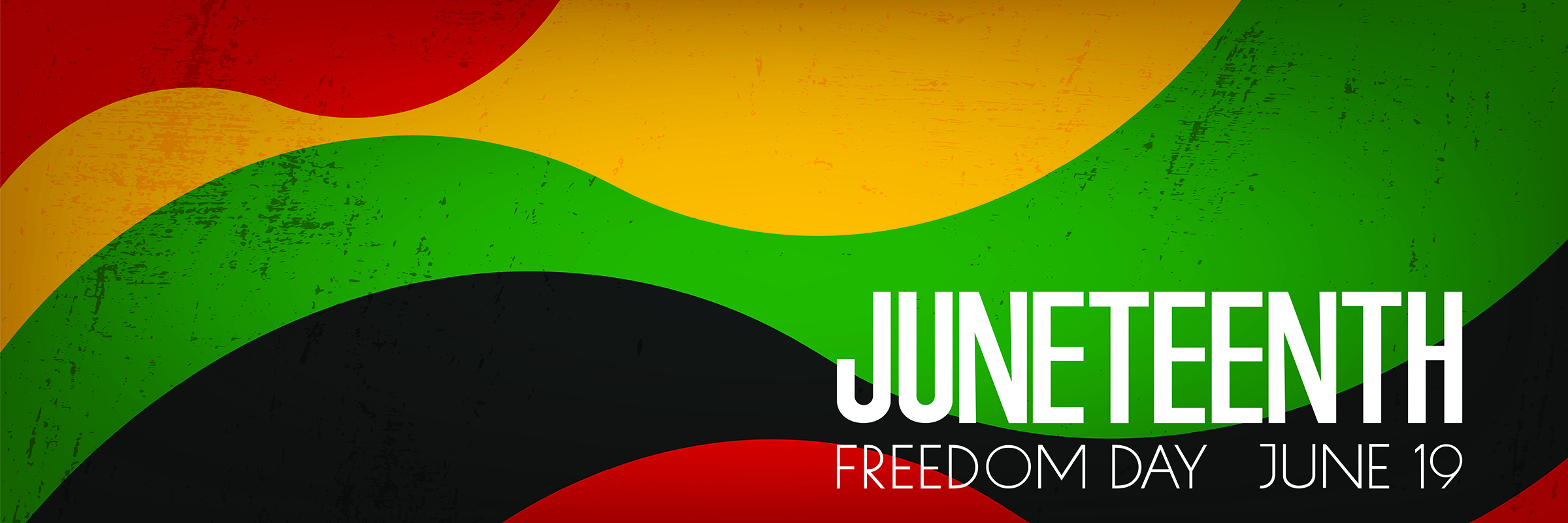By Renaldo Wilson, Robyn Taylor, Zunera Mirza, and Leslie Best
As our nation celebrates Juneteenth and recognizes National PTSD (Post-traumatic Stress Disorder) Awareness this month, NACDD acknowledges the long history of health inequities for Black people in the United States and how that can impact mental and physical health and wellness. Evidence shows that racial discrimination exacerbates the association between experiences of interpersonal trauma and the severity of PTSD symptoms in the Black community.
When addressing specific health inequities, we must also remember to focus on root causes, including the social determinants of health. And when working toward social justice, we must always include those directly impacted when deciding on action plans. Thus, NACDD utilizes this concept of “nothing for us, without us,” understanding that our partners and we must intentionally involve new voices at the table.
As June is also Alzheimer’s & Brain Awareness Month, we must recognize the structural racism and the social determinants of health that result in neurological conditions and/or conditions of the brain and the direct impact on physical bodies in the Black community.
Among older populations, Black people are twice as likely to have Alzheimer’s or related dementias as white people. Among Black Americans aged 70 and older, 21.3% are living with Alzheimer’s disease (Alzheimer’s Association). This prevalence may be explained by disparities in socioeconomic indicators and health conditions produced by the historical marginalization of Black people in the U.S. This structural racism increases the risk for chronic conditions that are associated with higher dementia risk, such as cardiovascular disease and diabetes, which disproportionately affect Black people (Alzheimer’s Association, 2022 Facts and Figures). Combining healthy lifestyle behaviors—such as participating in regular physical activity, avoiding nicotine products, engaging in healthy eating, and staying socially connected— are associated with a substantially lower risk for Alzheimer’s disease. However, many Black communities continue to face social determinants of health that prevent or reduce these opportunities for dementia risk reduction.
Many national and local associations are dedicated to this work to address Alzheimer’s disease and related dementias, and you can begin by researching your local chapter of the Alzheimer’s Association, as well as NACDD’s Healthy Aging/Healthy Brain division. Additionally, there are numerous support groups for caregivers, as being a long-term caregiver also increases the chances of developing dementia.[1]
As we work toward being an anti-racist organization, we remain steadfast in our push for closing the social determinants of health loop in all ways; we understand that equity cannot exist while inequities continue to create health concerns. Please share your thoughts and ideas on how we, as an Association, can continue advancing this important work.
[1] Werner S, Auslander GK, Shoval N, et al. Caregiving burden and out-of-home mobility of cognitively impaired care-recipients based on GPS tracking. Int Psychogeriatr. 2012;24(11):1836–45
- Learn the entire history.
- National Museum of African American History and Culture – Interactive Tour with Founding Director Lonnie Bunch III
- The Historical Legacy of Juneteenth
- Join online celebrations.
- Celebrate with family and friends.
- Support Black-owned businesses.
- Acknowledge and spread the word.
- Donate to supportive organizations, especially those addressing Alzheimer’s Disease and related dementias in the Black and Pan-African Community.
- Attend Juneteenth events in your city or state.
Independence Day is a reminder of ongoing oppression and continuing forms of stricture. It is a memorial to the dead and a remonstrance to those who killed them. It is a clear articulation of the fact that America can never be free until her people are free, and a celebration of the people who have worked to make it so. Juneteenth is the purest distillation of the evils that still plague America, and a celebration of the good people who fought those evils. It is tragedy and comedy, hope and setbacks.”
- Van R. Newkirk II, The Atlantic

